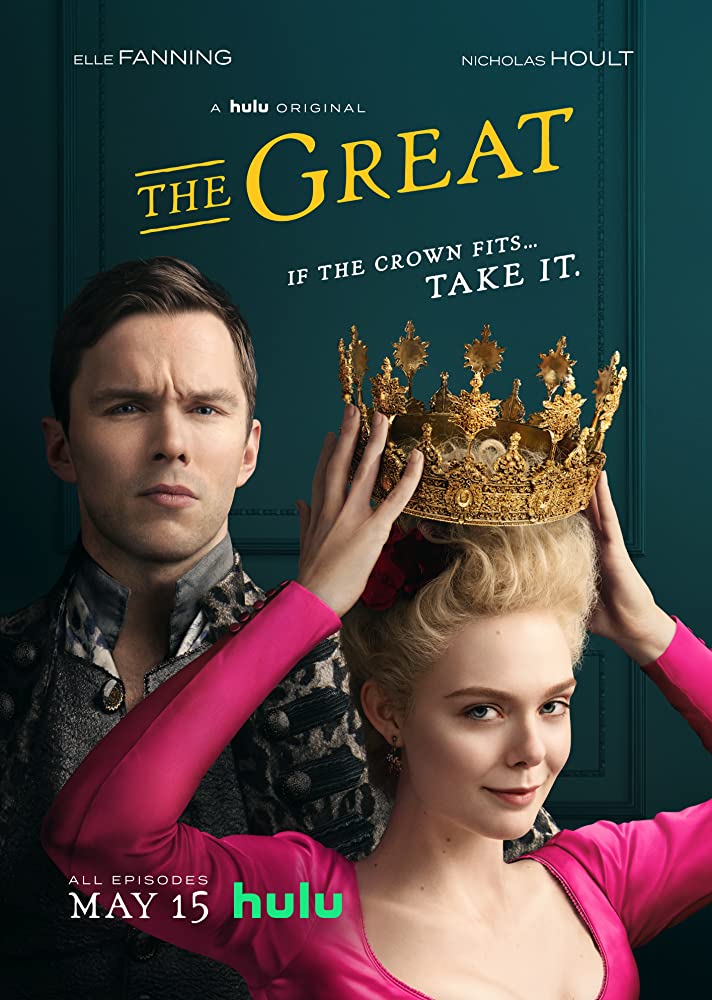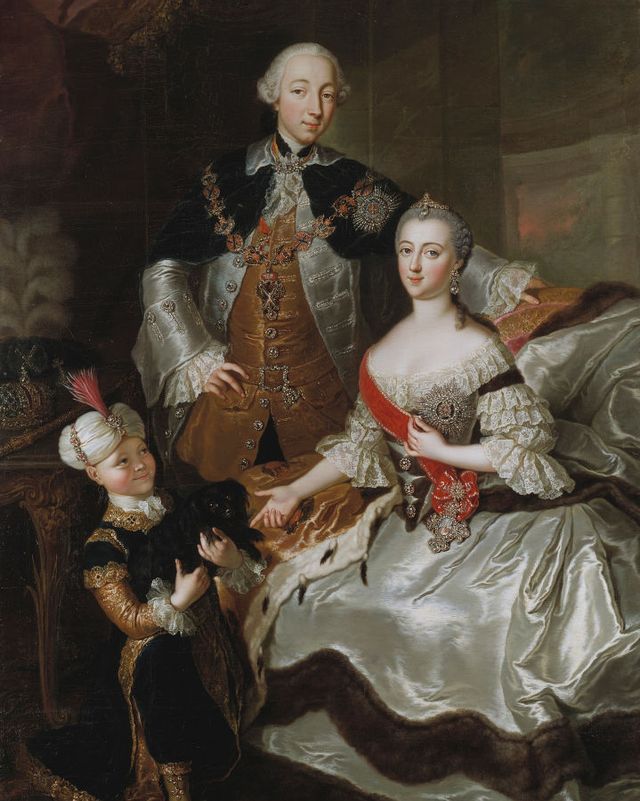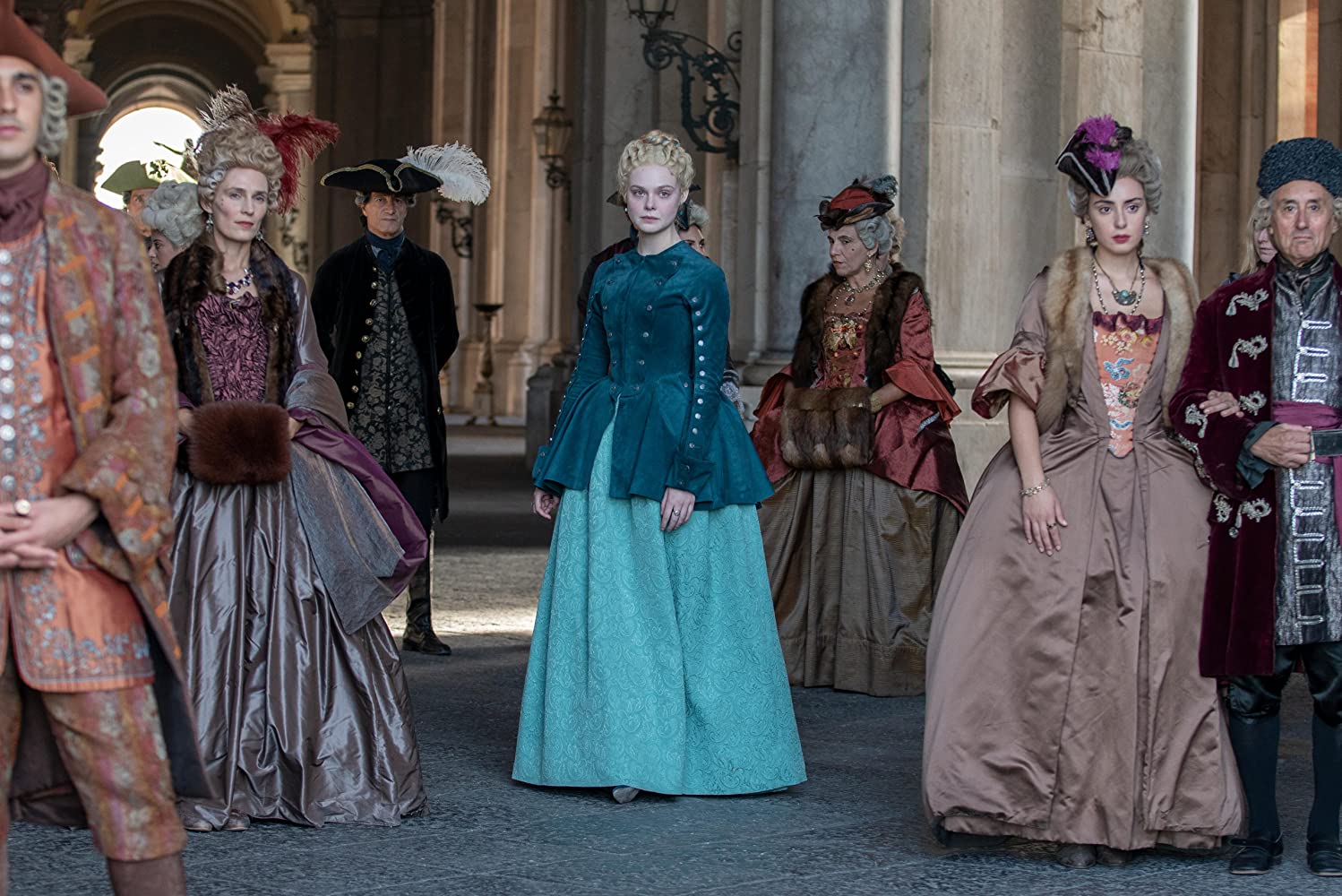Entertainment
What Does HULU’s ‘The Great’ Get Right?
A modern, fictional retelling of Russian empress Catherine the Great’s life, HULU’s “The Great” is a loosely-based dark comedy that is arguably too loose as it relates to historical facts.
The problem with adaptations that don’t follow actual historical facts is that they can mislead audiences, especially younger viewers, into believing false information about a legendary person. In a world where much of our youth obtain information through the internet and TV, it is important that we make sure we are doing history justice by getting it right.
The official synopsis on the series states that “The Great” is a “satirical, comedic drama about the rise of Catherine the Great from outsider to the longest-reigning female ruler in Russia’s history.” The series creator, Tony MacNamera, adapted the show from his 2008 play by the same name. “She’s walking into a world that has to be like, ‘What the … is this place?!’ and I want the audience to feel the same,” said McNamara. “There’s often an expectedness to period genre things, so we always tried our best to not choose the most expected route.”
Ruler of Russia from 1762 to 1796, Catherine was a female monarch enshrouded in both respect for her cultural and economic accomplishments but disparaged for her lifestyle. Elle Fanning stars as Catherine the Great alongside Nicholas Hoult, who plays her husband, Peter III of Russia.
Peter ruled as emperor of Russia for six months before being usurped by his wife, Catherine. The 10-part HULU series focuses on this period of her life rather than the full extent of it.
Although Catherine and Peter — and a couple of supporting characters — are actual historical figures, the series otherwise takes major creative liberties with real events, constructing a hilarious version of events that focuses more on the spirit of the characters than historical relevancy.
So, what does the show get right? “The Great” follows the basic, well-known facts of Catherine’s life. Born Princess Sophie von Anhalt-Zerbst-Dornburg to a minor German royal family, she was invited to Russia at the age of 15. There Peter III’s aunt, Elizaveta, would scrutinize Sophie to see if she would make a suitable bride for her nephew. After the marriage, Sophie converted to Orthodox Christianity and was given the Christian name Ekaterina, or Catherine.
In the series, Catherine arrives in Russia, meets Peter III, and then is married to him the next day. The show seems to do this in order to create a shock factor when in reality, the two royals were actually second cousins and had known each other since childhood.
Married as teenagers, the couple was together for 17 years before Peter III rose to the position of emperor. Had the show followed this crucial fact, the audience would have seen the extent of Peter III’s cruelty and immaturity, which made Catherine believe he was unfit to rule Russia. What the series does is make it appear that Catherine waltzes into the Russian court and overthrows her husband six months later.
The youth of the characters is another ploy used by HULU in order to attract a younger audience, as Catherine is roughly 16 when she overthrows her husband and takes over the country. This is incredibly interesting to watch on TV, but it is just not historically accurate. Catherine would have been about the age of 33 or 34 when she decided to dethrone her husband.
The first season of the series takes its time displaying how unfit to rule Peter III is. From cruel pranks to animal abuse to infidelity, many acts which were not exaggerated in the show. These acts paint a realistic picture of Peter III’s character, helping the audience understand and perhaps support Catherine’s plan to overthrow her husband.
What the show does do well is give us a real feel for who Catherine was as a young girl, a woman driven by philosophical teachings with feminist ideals that she believed would propel Russia into the modern era. In order to better understand her, it would have been interesting to see this series spread out to include more of Catherine’s younger life before she planned the coup.










0 comments